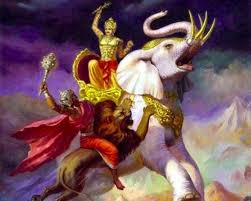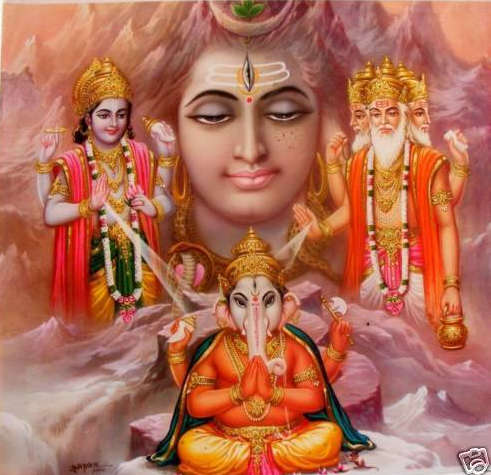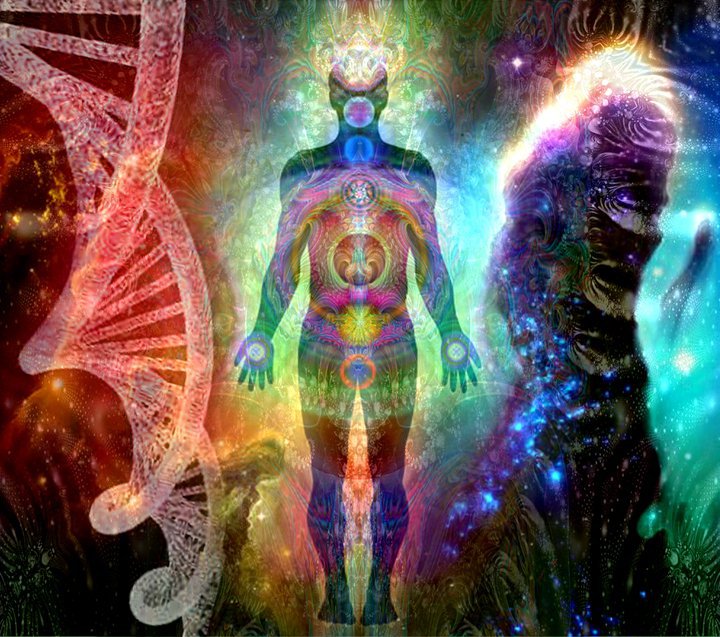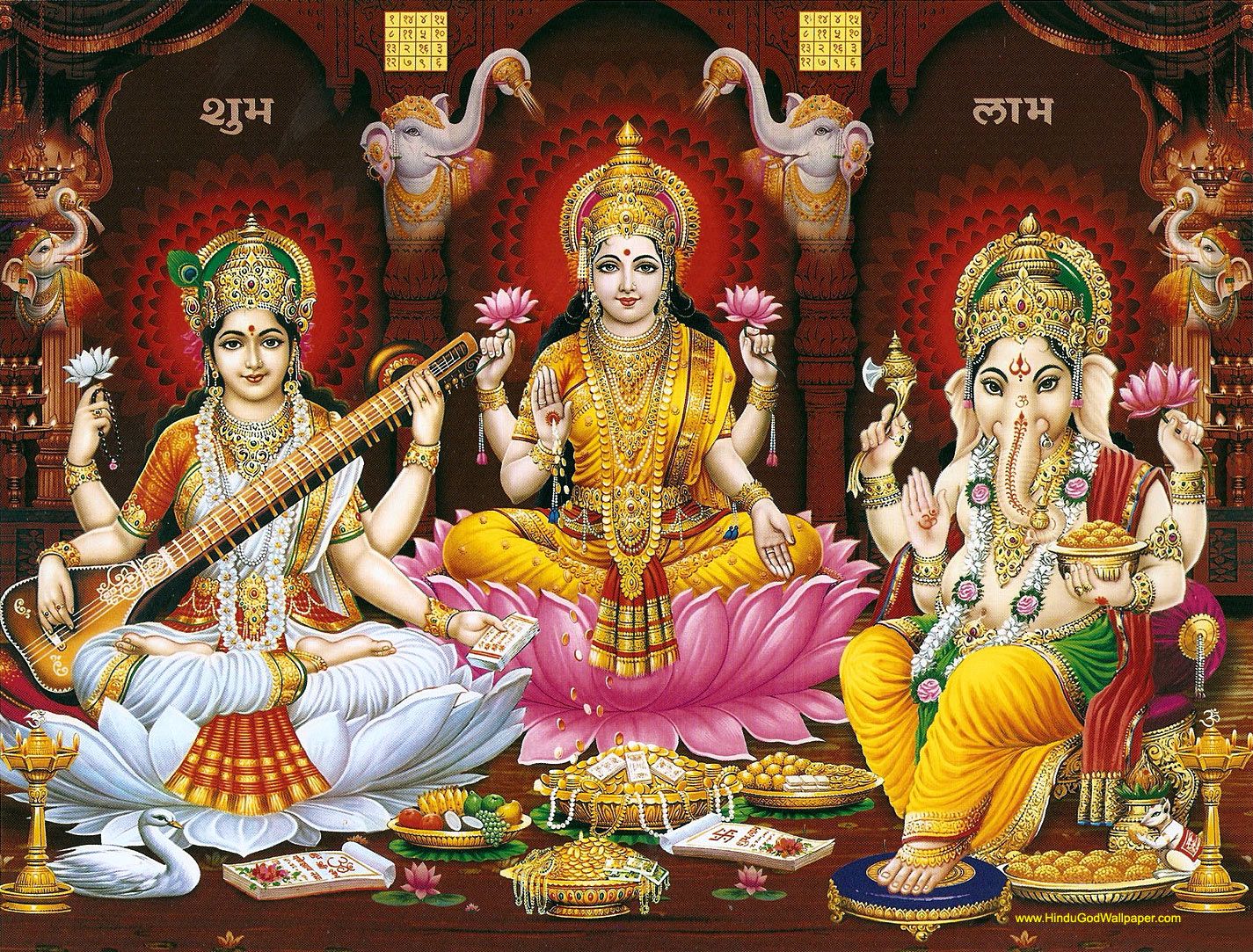Do Hindus worship many Gods?
On namo bhagavate vasudevayah
Many of us may have come across the question, “How many Gods do Hindus worship?”—often asked with skepticism or used as a point of criticism. This is, in fact, one of the most common misconceptions, often spread either due to ignorance or with ill intent toward Hinduism.
In reality, what are often referred to as “multiple Gods” are actually Devatas (demigods or deities). These Devatas are among the many beings created by Lord Brahma—on the order of Lord Vishnu (Lord Krishna)—during the process of cosmic creation. Devatas are higher celestial beings who reside in the upper planetary systems known as Devalokas (heavenly realms). But they are not the only such beings—others like Gandharvas, Yakshas, and more also exist, each dwelling in their respective Lokas (realms). According to Sanatan Dharma's scriptures, there are 14 planetary systems where life exists.
These deities were created with specific responsibilities: to nurture and support human beings and all other life forms across the universe by providing essential material needs—such as air, water, rain, light, and more. These truths are revealed in the Vedas, Puranas, and especially in the Shrimad Bhagavad Gita, which offers deep insights into the roles and significance of the Devatas.
Scriptural References
Let us consider two important shlokas from the Bhagavad Gita:
saha-yajñāḥ prajāḥ sṛṣṭvā purovāca prajāpatiḥ
anena prasaviṣyadhvam eṣa vo ’stv iṣṭa-kāma-dhuk
“In the beginning, the Creator (Brahma) created living beings (including deities) along with Yajña (sacrifice) and said: ‘By Yajña you shall prosper; let this be the cow of plenty that fulfills all your desires.’”
-- Chapter 3, Shloka 10
te devā bhāvayantu vaḥ devān bhāvayatānena
parasparaṁ bhāvayantaḥ śreyaḥ param avāpsyatha
“By this Yajña (sacrifice), you shall nourish the demigods, and they will, in turn, nourish you. In this way, by mutually supporting each other, you shall attain the highest good.”
-- Chapter 3, Shloka 11
What We Learn?
From these two verses, we understand the following key truths:
Lord Brahma created all living beings—including the Devatas—at the beginning of creation.
Devatas are responsible for nurturing human beings and other life forms throughout the universe.
Therefore, it is clear that humans are meant to please and honor the Devatas through offerings, righteous actions, and observance of sacred duties. In return, the Devatas support human life by ensuring that the cosmic and natural systems function harmoniously.
A Helpful Analogy
To better understand this concept, consider the example of a government. A country has a President or Prime Minister at the top. Beneath them are various ministers, each managing a specific department such as finance, defense, education, etc. These ministries extend through state and local governments, with officials overseeing districts, counties, and municipalities. No citizen approaches the Prime Minister directly to pay income tax—they go to the local tax office.
This kind of hierarchical structure is not unique to governments. It exists in banks, companies, schools, and virtually every organized system. It’s an effective way to manage complexity.
Similarly, the divine administration functions hierarchically. The Devatas are like divine ministers in the government of the Supreme Lord. Each Devata has a designated role. For instance, Indra is the king of the Devatas and oversees rain and weather. All Devatas function under the laws and will of Lord Shri Vishnu, who, along with Lord Brahma and Lord Shiva, emerged from the same Paramatma (Supreme Self) to carry out the three fundamental functions of the universe: creation, preservation, and dissolution.
Humans are to worship these deities as per scriptural guidance. In turn, the deities ensure balance and sustenance. This mutual relationship is the foundation of a prosperous and harmonious life. Ignoring or violating this sacred balance disrupts the natural order and invites suffering.
Shri Hari Om Tat Sat





